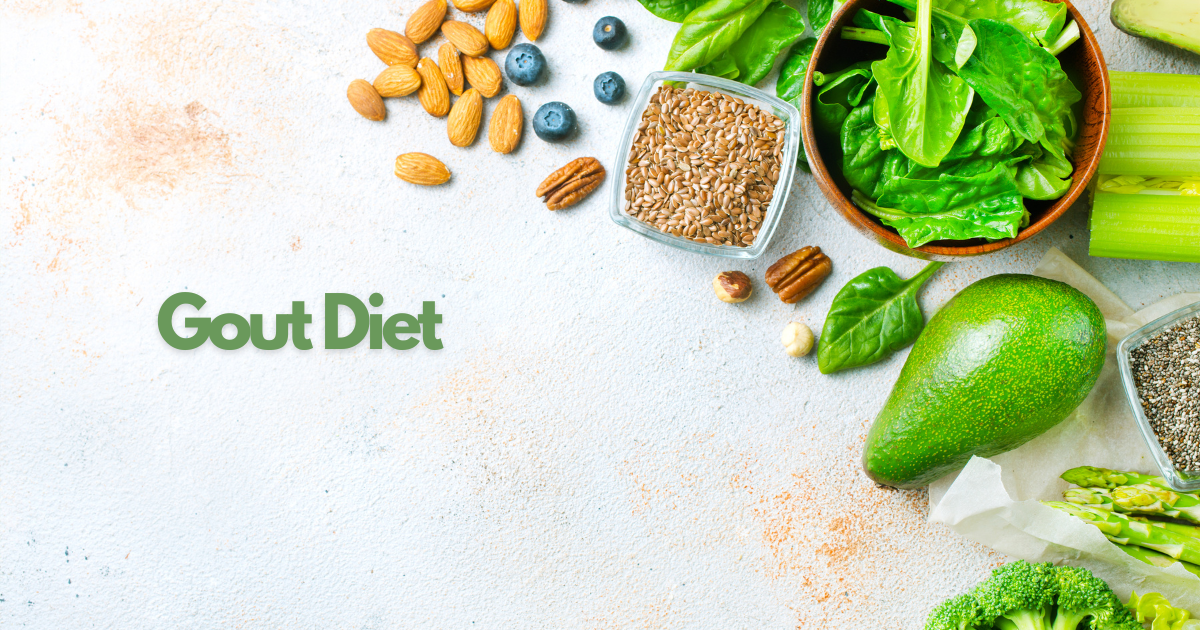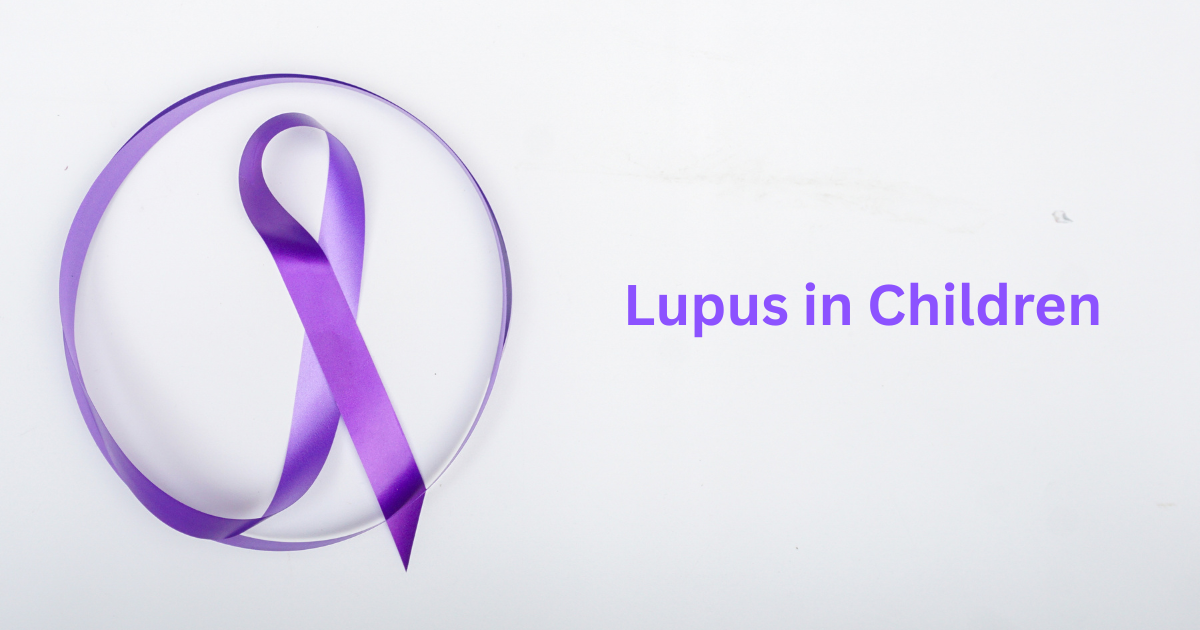Gout is a painful form of arthritis caused by the buildup of uric acid crystals in the joints. One of the most effective ways to prevent and manage gout flare-ups is by following the right gout-friendly diet — particularly one that is low in purines. In this blog, we will see what a gout diet is, what a low-purine diet means and which foods to include or avoid.
What is a Gout Diet?
A gout diet is a specific meal plan designed to reduce uric acid levels in the body. It focuses on avoiding high-purine foods (which convert to uric acid) and increasing foods that help flush uric acid through the kidneys. The goal is to prevent painful gout attacks, support joint health, and reduce inflammation.
What is a Low-Purine Diet?
A low-purine diet limits the intake of purines — natural substances found in certain foods that get converted into uric acid during digestion. High purine levels can lead to gout flare-ups, so reducing them helps manage and even prevent symptoms.
Best Foods for Gout (Low-Purine and Anti-inflammatory)
1. Low-Purine Vegetables
Vegetables like cauliflower, broccoli, kale, zucchini, bell peppers, and lettuce are great choices. These are low in purines and rich in fiber, antioxidants, and essential vitamins. They help reduce inflammation and support gut health.
2. Low-Fat Dairy Products
Skim milk, low-fat yogurt, and cottage cheese help lower uric acid and offer protein without the high purine content of meat. They’re ideal substitutes for people trying to reduce meat consumption due to gout.
3. Fruits – Especially Cherries
Cherries, apples, oranges, strawberries, and grapes are packed with antioxidants. Cherries in particular contain anthocyanins that have been shown to reduce uric acid levels and inflammation, making them ideal for managing gout.
4. Whole Grains
Brown rice, oats, barley, and quinoa provide long-lasting energy and help manage insulin levels, which indirectly support uric acid regulation. Whole grains are also fiber-rich, helping with weight control.
5. Nuts and Seeds
Walnuts, flaxseeds, chia seeds, and almonds are full of healthy fats and do not raise uric acid. They’re anti-inflammatory and heart-friendly, which is important since gout patients have a higher risk of cardiovascular disease.
6. Water and Herbal Teas
Hydration is key. Drinking 8–10 glasses of water daily helps flush out excess uric acid. Lemon water and herbal teas like chamomile or ginger can support kidney function and reduce inflammation.
Foods to Avoid in Gout
1. Red and Organ Meats
Liver, kidney, beef, and pork are extremely high in purines. Even small amounts can spike uric acid levels and trigger an attack.
2. Seafood High in Purines
Avoid anchovies, sardines, mackerel, shellfish, and herring. These are known culprits in increasing uric acid quickly.
3. Alcohol (especially Beer)
Beer contains yeast, which is high in purines. Alcohol also reduces kidney efficiency, making it harder to flush out uric acid. Limit or avoid beer, whiskey, and wine during flare-ups.
4. Sugary Drinks and Fructose
Soft drinks, fruit-flavored drinks, and processed juices are high in fructose, which promotes uric acid production. Choose plain water or fresh homemade juices instead.
5. Processed Foods and Snacks
Chips, pastries, fried fast food, and ready-to-eat meals contain unhealthy fats and preservatives that cause systemic inflammation and worsen gout symptoms.
Quick Tips for a Gout-Friendly Diet:
- Cook with olive oil instead of butter
- Use herbs and spices like turmeric and ginger instead of high-salt sauces
- Eat smaller portions of protein spread throughout the day
- Add a fruit or veggie to every meal
Frequently Asked Questions (FAQs)
- Q1. Can I eat tomatoes if I have gout?
A. Yes. Tomatoes are low in purines and safe for most gout patients. However, some individuals may have personal sensitivities — monitor your body’s response. - Q2. Is a high-protein diet bad for gout?
A. Not necessarily. You can get protein from low-purine sources like dairy, eggs, nuts, and legumes instead of red meat and seafood. - Q3. Is it okay to fast or do keto with gout?
A. Fasting or extreme low-carb diets can lead to ketosis, which may temporarily increase uric acid. Speak to your doctor before making such changes.





